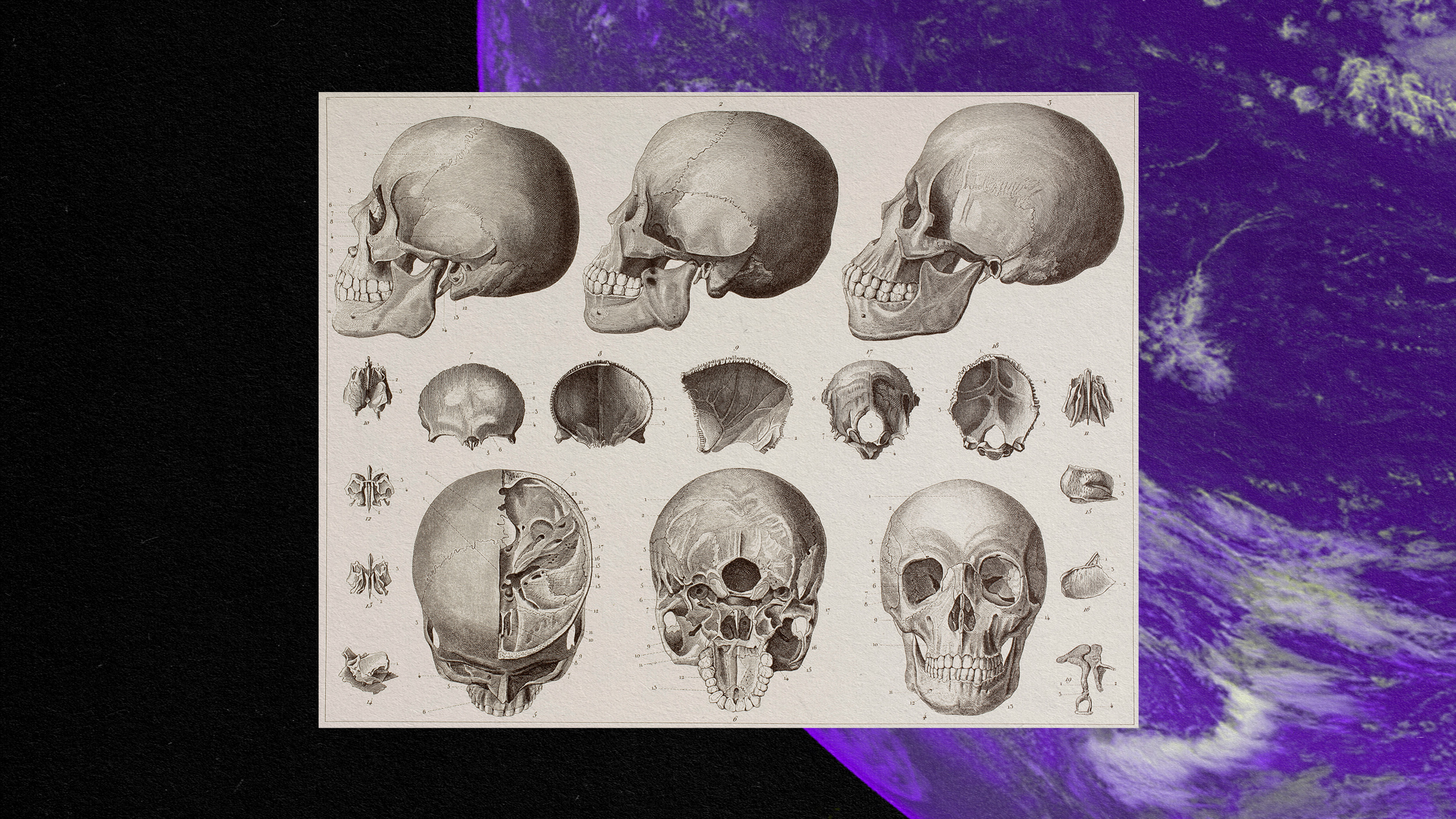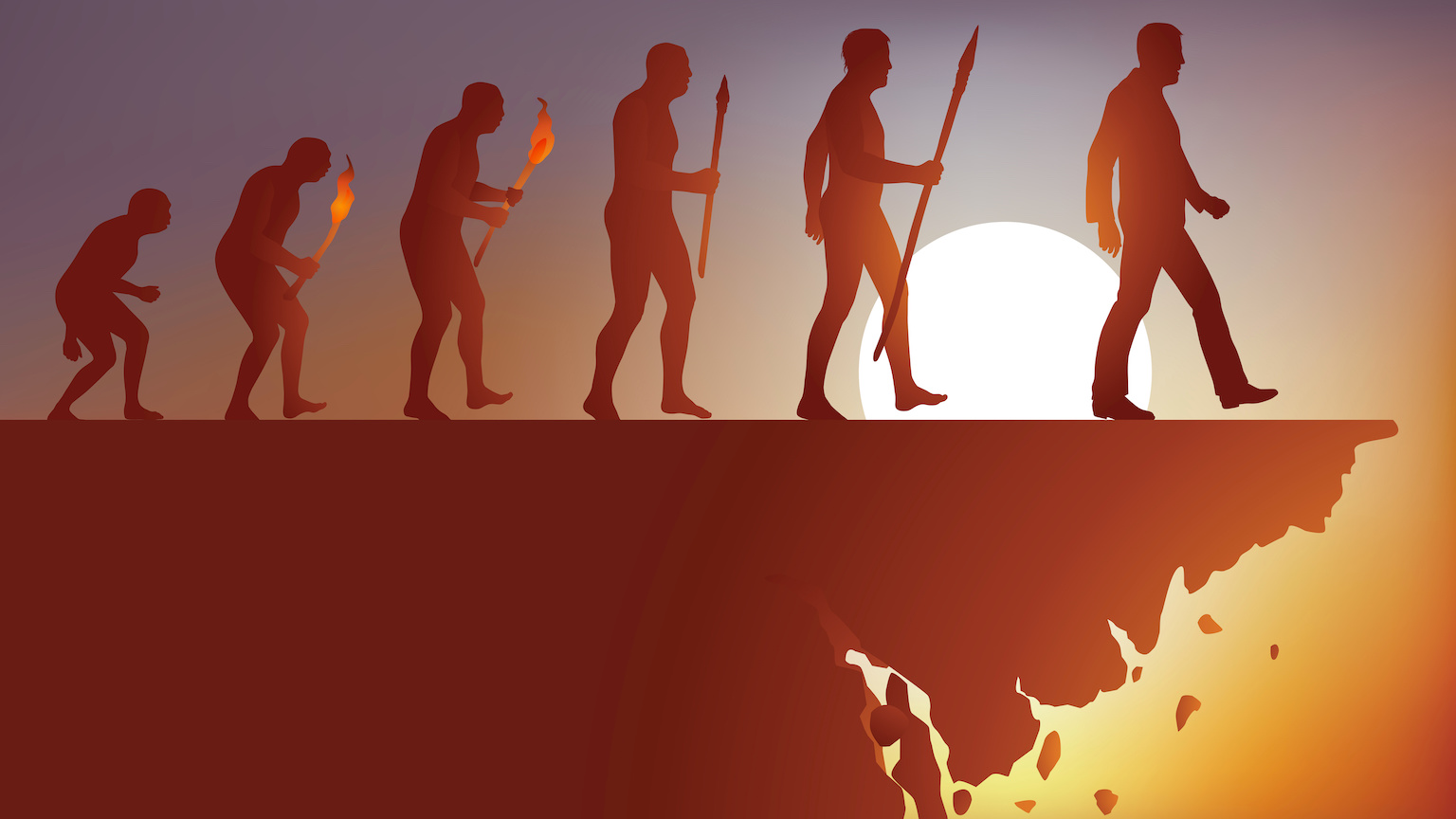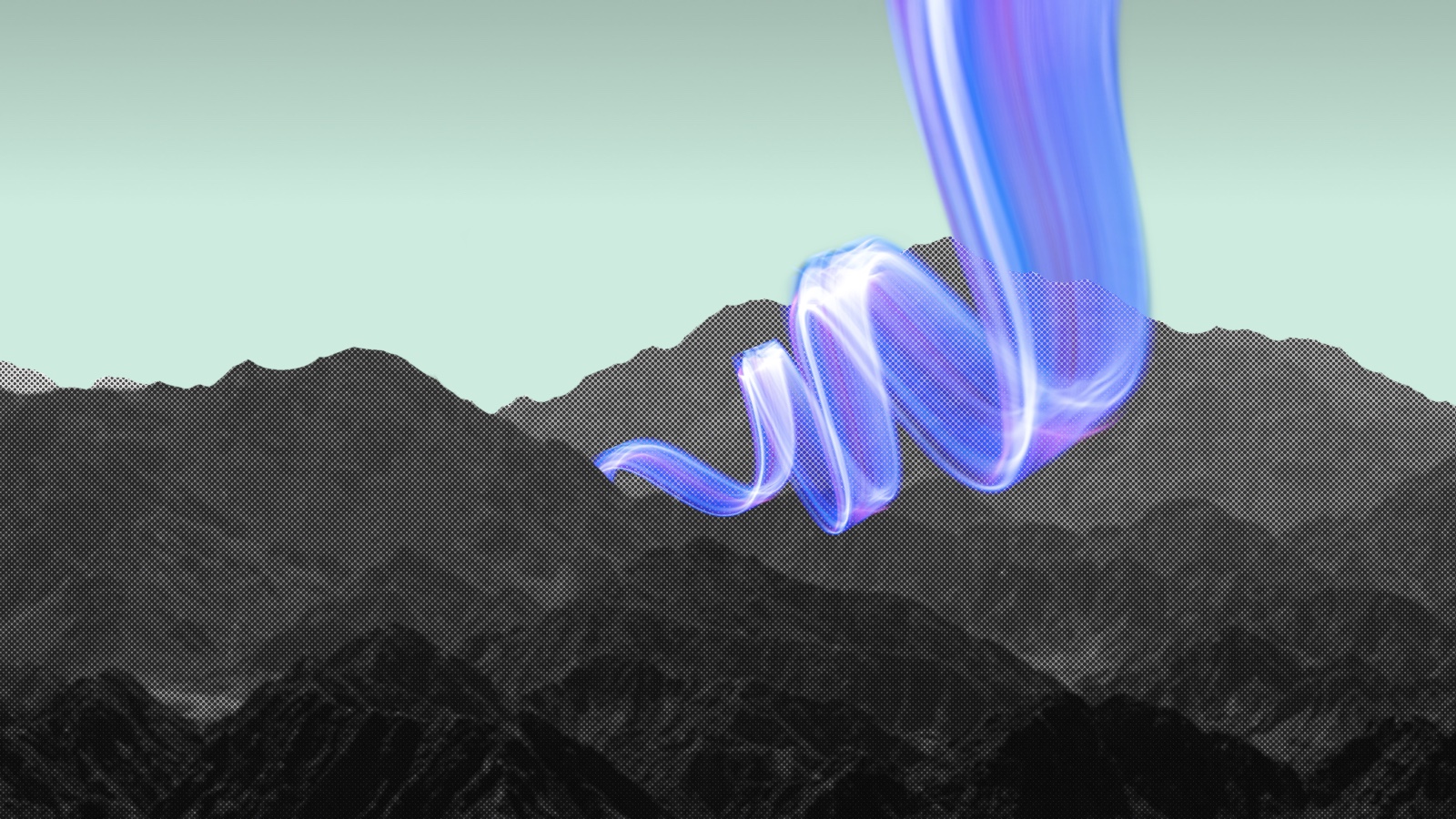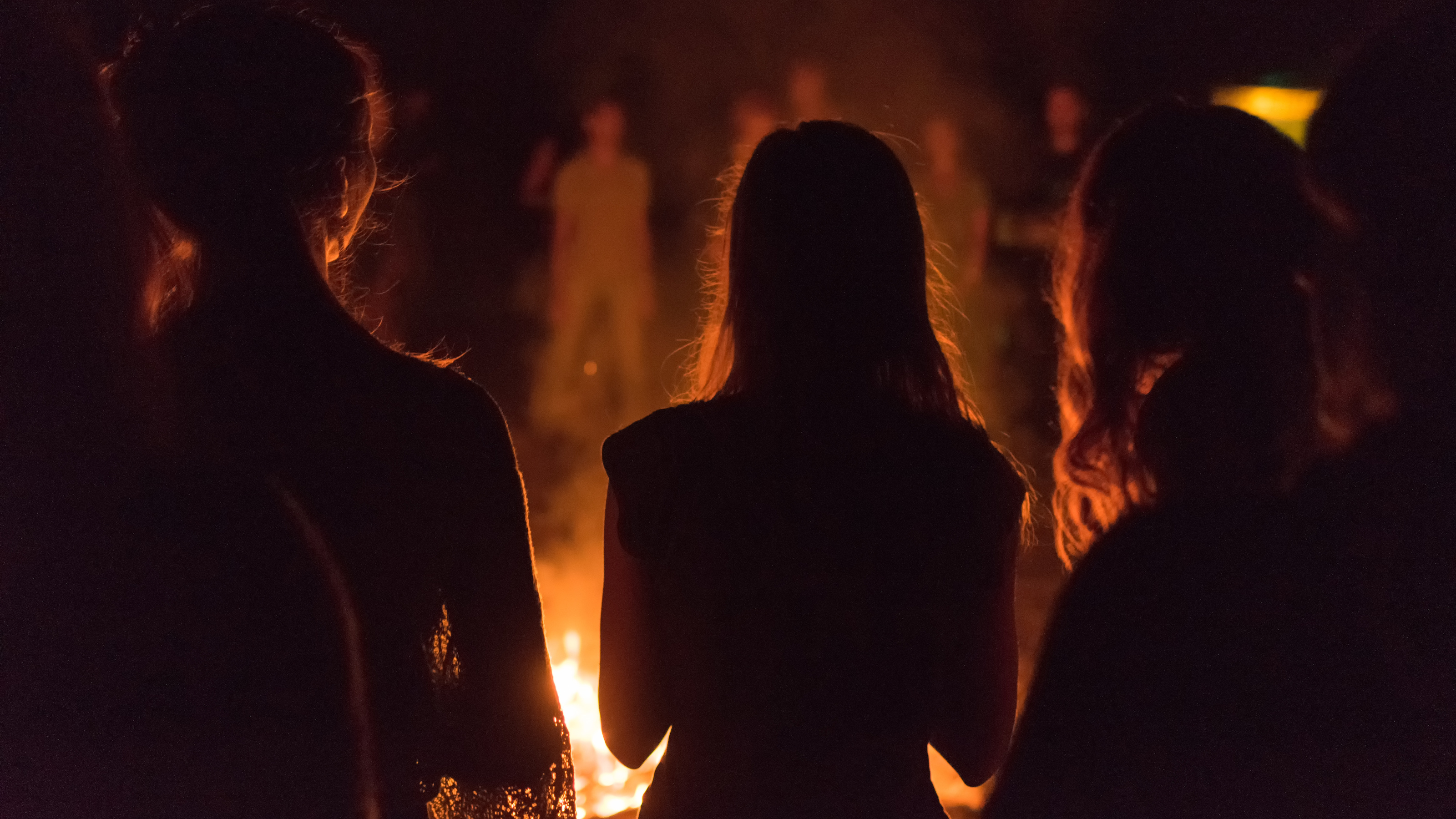Humans can be both geniuses and astonishing jerks. I think I know why
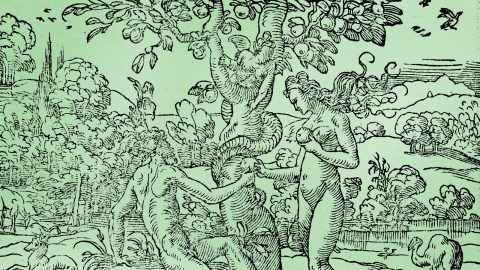
- How can humans have gotten so far, but still have so many problems?
- We are a young species. Microbes had about a billion years to figure out oxygenic photosynthesis. Creatures like crocodiles have had tens of millions of years to adapt to their environments. But Homo sapiens has been around for only about 300,000 years.
- We are new at being human. All we need is time.
As 2022 comes to a close, now is a good time to look back and ask how we, as a species, are doing. After all, this is the season of peace and goodwill to everyone. A quick review shows that this last year, like many of the years before it, was a mixed bag. While we managed to pull off some amazing acts of ingenuity, with some kindness and generosity sprinkled here and there, wars, poverty, and environmental hooliganism kept going strong. Given that this was also the year we created a solar fusion furnace in a lab and sent the most complicated telescope ever built into orbit past the moon, it is not unreasonable to ask what exactly is our problem. How can we have gotten so far, know so much, and still collectively act like such astonishing jerks?
Well, I think I have the answer.
Microbial engineering
Since life first appeared on Earth some 3.5 billion years ago, the planet has been home to an astonishing variety of creatures. First came single-celled critters. While simple-looking from the outside, they were busy inventing a biochemical toolkit of extraordinary sophistication and reach. From photosynthesis to fermentation, the smallest iterations of life on Earth produced some of its most important evolutionary innovations.
They accomplished all they did because they had the time. It took microbes about a billion years of experimentation before they landed on oxygenic photosynthesis. This was a major leap forward, because it used abundant water molecules as the backbone for turning sunlight into biochemical energy. Since water is everywhere, life was suddenly able to explode in activity. Breaking water molecules apart also gave us the oxygen-rich atmosphere that — since oxygen biochemistry packs a big wallop — eventually allowed for the evolution of big-brained creatures like you and me.
The point is that microbes had a lot of time to practice being microbes. They became very good at being themselves. This is true of lots of creatures. It has been estimated that there might have been as many as 4 billion species of plants and animals living on Earth across its history. Estimates on the current number of species range somewhere around 9 million, which means that the vast majority of lifeforms have come and gone. The average lifetime of species, meaning the time from their inception to their extinction, can vary depending on the type of life you are talking about. The average lifetime for mammal species is about 1 million years. But sharks have been around for 450 million years, and crocodiles have been around for 95 million years.
Which brings us back to our human problem.
All humans need is time
Homo sapiens only started their Earth journey 300,000 years ago. Compared with microbes, sharks, and crocodiles, that is a blink of the geologic eye. Even more to the point, our project of technological civilization only got started after the last ice age ended, around 10,000 years ago. So when you consider how radically different human beings are from any of the species that came before us, you can see exactly what our problem is.
We are so new at being human that we still kind of suck at it.
Crocodiles have had 95 million years to perfect the art of being crocodiles. It took a lot of time and patience for them to figure out how to lie mostly submerged in the water until lunch wanders by. We, on the other hand, have only just started trying to figure out what these big brains are good for. The strange aptitude for abstract thought, the potent ability to fabricate complicated machines from raw materials, the complicated, large-scale social interactions with their bizarre mix of aggression, compassion, violence and empathy — what are we supposed to do with these traits? We are so new to our own capabilities, it is no wonder they still get us into trouble. And the fact that said capabilities can come close to destroying the world further complicates our efforts to adapt.
So, in this time of peace on Earth and goodwill to people, maybe we can cut ourselves a break for a few days. We really are just starting out on this journey of being human. Just imagine what we might become, though, if we, like the crocodiles, have 95 million years to work ourselves out.
